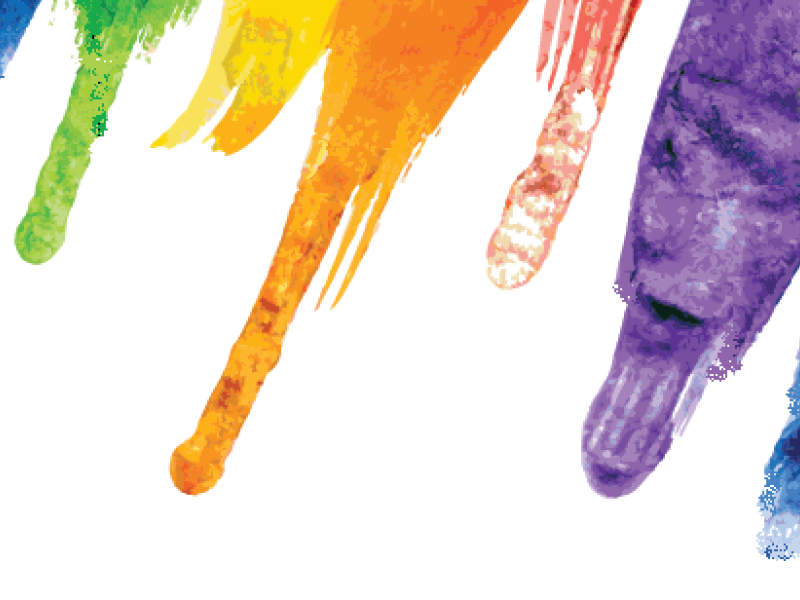Mind Australia, a leading national mental health service has issued a warning against the proposed marriage equality plebiscite, claiming the risk of significant damage to the lesbian, gay, bisexual, transgender and intersex (LGBTI) community is too high.
According to Mind Chief Executive Dr Gerry Naughtin, the campaigns in the lead up to a plebiscite could have a negative and destructive impact on LGBTI Australians, especially young people and their families, some of whom are already grappling with mental health issues.
“Stigma around sexuality and gender identity and related exclusion are existing drivers for poor mental health. “We are extremely concerned that this situation will worsen dramatically in the context of the negative public campaigning that is likely to occur if we go down the path of a plebiscite,” Dr Naughtin said.
